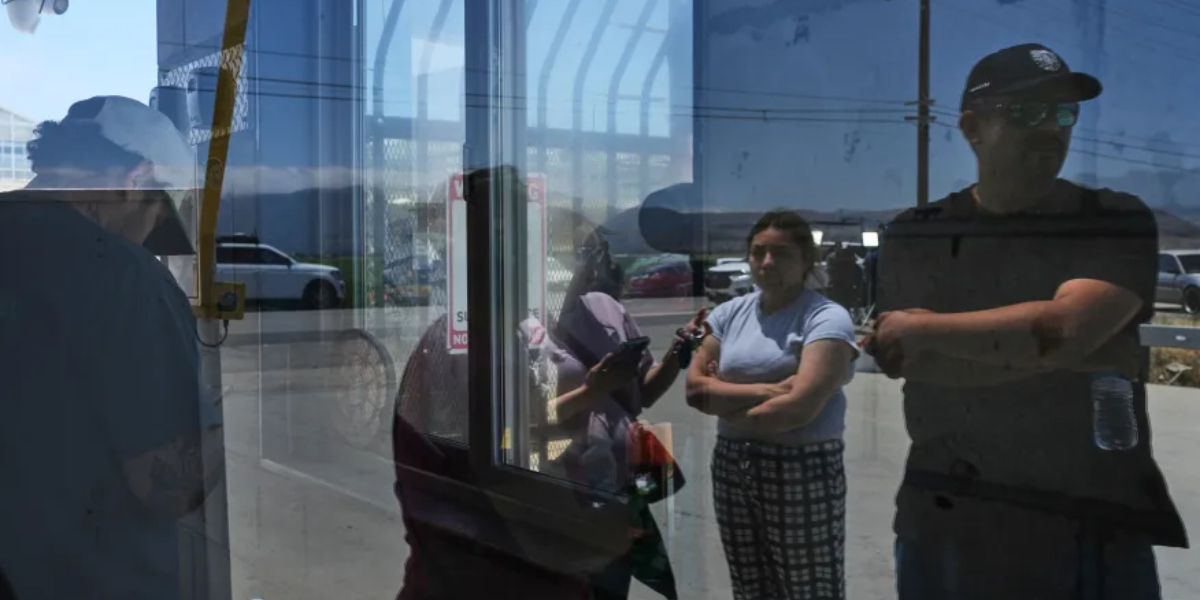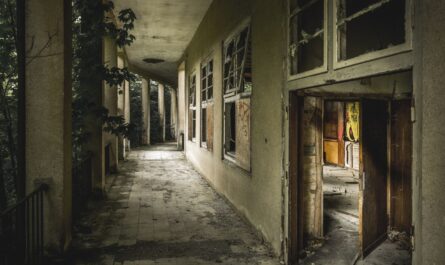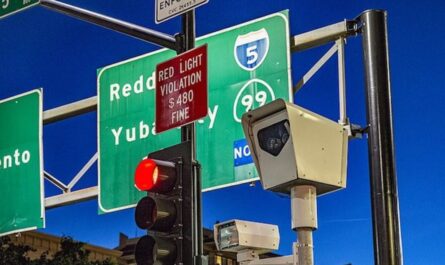Los Angeles is one of seven counties in California where a federal court has ordered the Trump administration to end its practice of random immigration arrests and stops.
The complaint was launched last week by immigrant advocacy groups, who claim that the Trump administration is unfairly targeting brown-skinned individuals in Southern California as part of its continuing crackdown on immigration. Three arrested foreign nationals and two U.S. citizens—including one who was detained even after presenting his identification—form the plaintiffs.
The petitioners in the U.S. District Court case urged the judge to prevent the government from conducting immigration raids that they deemed as violative of the constitution. A central Los Angeles detention center is allegedly a breeding ground for racial profiling, unwarranted arrests, and the denial of legal representation to detainees, according to activists for immigrants.
An additional injunction prohibiting the federal government from limiting access to attorneys at an immigration detention center in Los Angeles was ordered by Judge Maame E. Frimpong.
The day following a hearing in which advocacy organizations contended that the government was infringing against the Fourth and Fifth Amendments, Frimpong granted the emergency orders, which are interim measures until the lawsuit continues.
According to her order, the federal government was found guilty of the alleged crimes because to a “mountain of evidence” that was provided in the case.
In response to the verdict, the White House wasted no time acting late on Friday.
“The power to dictate immigration policy rests with Congress and the President,” spokesperson Abigail Jackson stated, adding that no federal judge has that authority. Planning and carrying out an enforcement operation requires expertise that is much beyond the scope of any judge’s authority. On appeal, we anticipate that this egregious abuse of judicial power will be remedied.
Since the Trump administration increased the number of arrests at various locations, including car washes, Home Depot parking lots, immigration courts, and other businesses, Latino and immigrant communities in Southern California have been on edge for weeks. There have been protests in the area numbering in the tens of thousands in response to the raids and the following deployment of the Marines and National Guard.
Federal officials stormed a cannabis farm in Ventura County, causing skirmishes with protesters and numerous injuries; Thursday, while the court hearing was taking place, busloads of workers were detained. The injunction also extends to this area.
Recent immigration enforcement efforts, say the ACLU, have been motivated by “arbitrary arrest quotas” and “broad stereotypes based on race or ethnicity.”
According to the lawsuit, the only information that immigration authorities had when they detained the three day workers who are now plaintiffs was that they were Latino and were wearing work clothing. The article continues by detailing raids at Home Depots and swap meetings, where witnesses said federal officials apprehended everyone who “looked Hispanic.”
“Any claims that individuals have been ‘targeted’ by law enforcement because of their skin color are disgusting and categorically FALSE,” stated Tricia McLaughlin, assistant secretary of the U.S. Department of Homeland Security, in an email.
“Enforcement operations are highly targeted, and officers do their due diligence” before making arrests, according to McLaughlin.
“A district judge is undermining the will of the American people,” she remarked following the decision.
One of the arrested Americans, Brian Gavidia, was “physically assaulted… for no other reason than he was Latino and working at a tow yard in a predominantly Latin American neighborhood,” according to ACLU counsel Mohammad Tajsar.
According to a report made by an employee at the car wash, immigration officers detained all but two white workers. Tajsar questioned why this would be the case if race had no role.
There is no evidence that federal immigration agents considered race in their arrests, according to attorney Sean Skedzielewski, who represents the government. Skedzielewski clarified that appearance is only one factor among the “totality of the circumstances,” which also includes prior surveillance and interactions with individuals in the field.
He also mentioned that they sometimes used “targeted, individualized packages” in their operations.
Skedzielewski confirmed that the Department of Homeland Security has the necessary policies and training to guarantee adherence to the Fourth Amendment.
Facility now open to lawyer visits as per order
Court records show that attorneys for Immigrant Defenders Law Center and other organizations have been denied entry to a US Immigration and Customs Enforcement facility in downtown Los Angeles known as “B-18” on many times since June.
According to attorney Mark Rosenbaum, there was an incident on June 7 in downtown Los Angeles involving immigration officers and a bus full of detained individuals. The attorneys on the bus “attempted to shout out basic rights” but were muted by government drivers who then used chemical weapons similar to tear gas.
According to Skedzielewski, access was temporarily prohibited amid violent protests in order to “protect the employees and the detainees,” but has now been restored.
Rosenbaum stated that attorneys were not allowed entry even on days when there were no local protests, and that detainees were not provided with adequate phone access or told that attorneys were accessible to them.
According to him, the facility’s inadequate food and sleeping quarters are “coercive” in their pressure to sign paperwork committing to leave the country without first seeing a lawyer.
Friday’s judgment forbids the government from stopping anyone based on reasonable suspicion only on their apparent race or ethnicity, accented Spanish or English, appearance at a specific area (such a tow yard or vehicle wash), or occupation. Additionally, officials will have to make sure that detainees have access to confidential phone calls with attorneys and that B-18 is accessible seven days a week for attorney visits.
Additionally, 18 states with Democratic governors submitted papers endorsing the orders.
In April, a federal judge ordered a preliminary injunction barring U.S. Customs and Border Protection officials from conducting warrantless arrests in a broad portion of eastern California.


 by
by 

